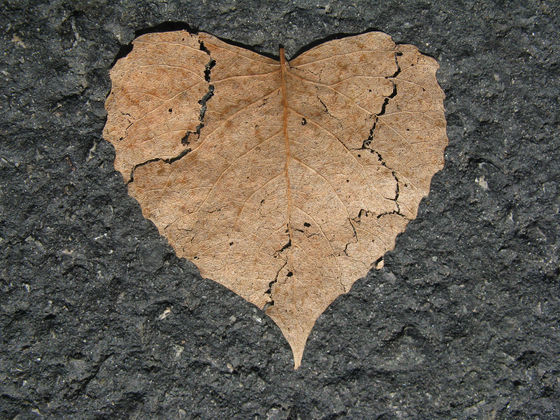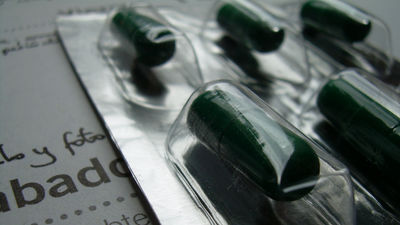The new Corona may leave sequelae in the athlete's heart

The strength of the heart, which is a pump-like organ that pumps blood throughout the body, is an essential ability for athletes. Regarding such a heart,
Cardiovascular Magnetic Resonance Findings in Competitive Athletes Recovering From COVID-19 Infection --PubMed
https://pubmed.ncbi.nlm.nih.gov/32915194/
COVID-19 Can Damage Hearts of Some College Athletes – NIH Director's Blog
https://directorsblog.nih.gov/2020/10/01/covid-19-can-damage-hearts-of-some-college-athletes/
Collins reported a paper on an MRI scan of the heart of athletes recovering from COVID-19, published by a research team led by Saurabh Rajpal of The Ohio State University. Rajpal et al. Conducted an MRI examination of 26 student athletes from American football, soccer, lacrosse, basketball, track events, etc. who recovered from COVID-19.

Subjects were diagnosed as 'positive' for the new coronavirus, but were diagnosed as 'mild' or 'asymptomatic' for the severity of COVID-19. In addition, MRI examinations are performed approximately 11 to 53 days after the isolation is completed.
MRI scans revealed swelling of the heart and tissue damage, a type of

Regarding this result, Collins said, 'Myocarditis is a disease that often heals over time if it is mild, but if it is severe, myocardial capacity may be impaired. In addition, heart-intensive athletes In that case, it can even lead to death. ' 'These results indicate that COVID-19 damages the athlete's heart,' he said, pointing out that the results are consistent with the findings published by a research team at Frankfurt University Hospital in Germany in July 2020. It raises concerns, 'he said, adding that he should continue to study the long-term effects of COVID-19 on the human body.
Related Posts:
in Science, Posted by darkhorse_log







